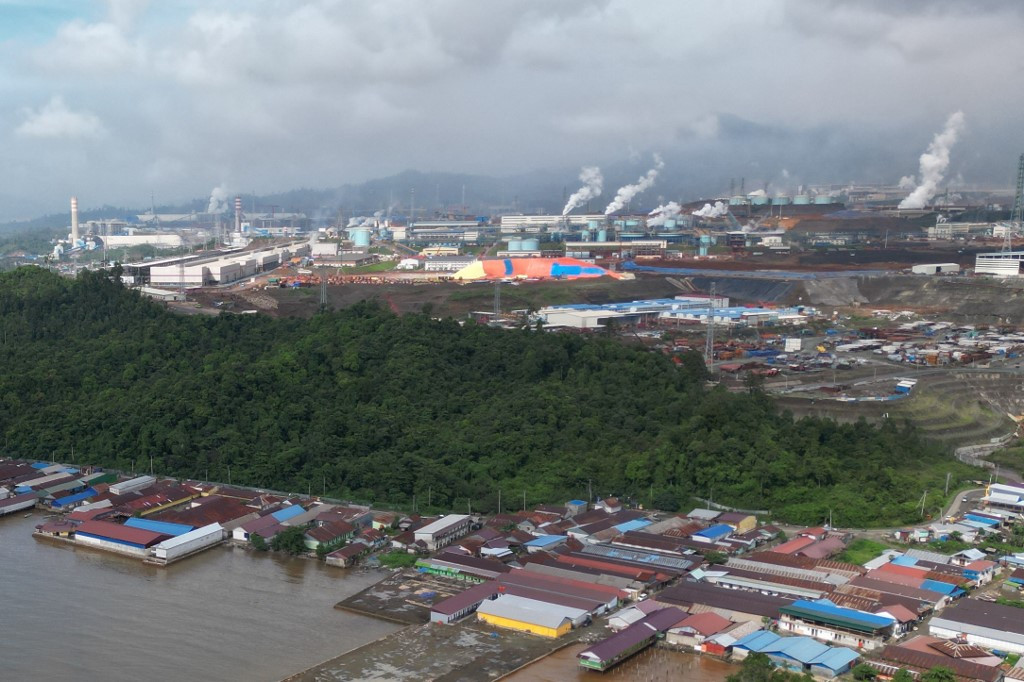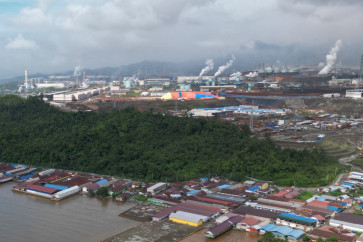Popular Reads
Top Results
Can't find what you're looking for?
View all search resultsPopular Reads
Top Results
Can't find what you're looking for?
View all search resultsWill Indonesia join NATO-like Mineral Security Partnership?
The shifting geopolitical landscape in the Indo-Pacific means that Indonesia, pursuant to Prabowo’s diplomatic and leadership skills, is poised to play a significant role in the global critical mineral supply chain while balancing its cooperation with Western countries as well as China.
Change text size
Gift Premium Articles
to Anyone
I
n a significant move that could reshape the geopolitical landscape in the Indo-Pacific, during his visit to Jakarta on July 14, United States Under Secretary for Economic Growth, Energy and the Environment Jose Fernandez invited Indonesia to join the Mineral Security Partnership (MSP).
With its vast reserves of critical minerals like nickel, cobalt and bauxite, Indonesia is a key player in the global minerals market. However, the country’s traditional nonalignment policy and substantial Chinese investments in its mining sector complicate this decision.
The US-led MSP aims to restructure critical mineral supply chains among allied nations, driven by Washington's urgency to secure essential minerals for energy transition and industrial competitiveness in the face of China's strategic dominance in the sector.
These geopolitical and economic concerns have led the US to model the MSP on the principles of NATO (V. Vivoda, R. Matthews and N. McGregor, 2024). By prioritizing trade and supply chain arrangements with nations that share common values with the US, the MSP implicitly excludes China and Russia.
The NATO-like partnership seeks to counter China's dominance in critical mineral supply chains, making the inclusion of mineral-rich countries like Indonesia essential. Fears of China using its control over these minerals for political gain, similar to Russia's use of natural gas supplies in Europe, intensify the urgency (J.F. Kirkegaard, 2023).
Interestingly, despite Indonesia's foreign policy posture and substantial Chinese investment, recent developments and global trends suggest that Indonesia could potentially join the club.
While significant Chinese investment has propelled Indonesia to become the world's largest nickel miner, this comes at a cost. Chinese firms often operate with lower environmental, social and governance (ESG) standards compared to their Western counterparts (G. Baskaran, 2024). This includes lax environmental regulations, reduced labor costs and minimal social protections, all of which have led to significant environmental and social issues.



















